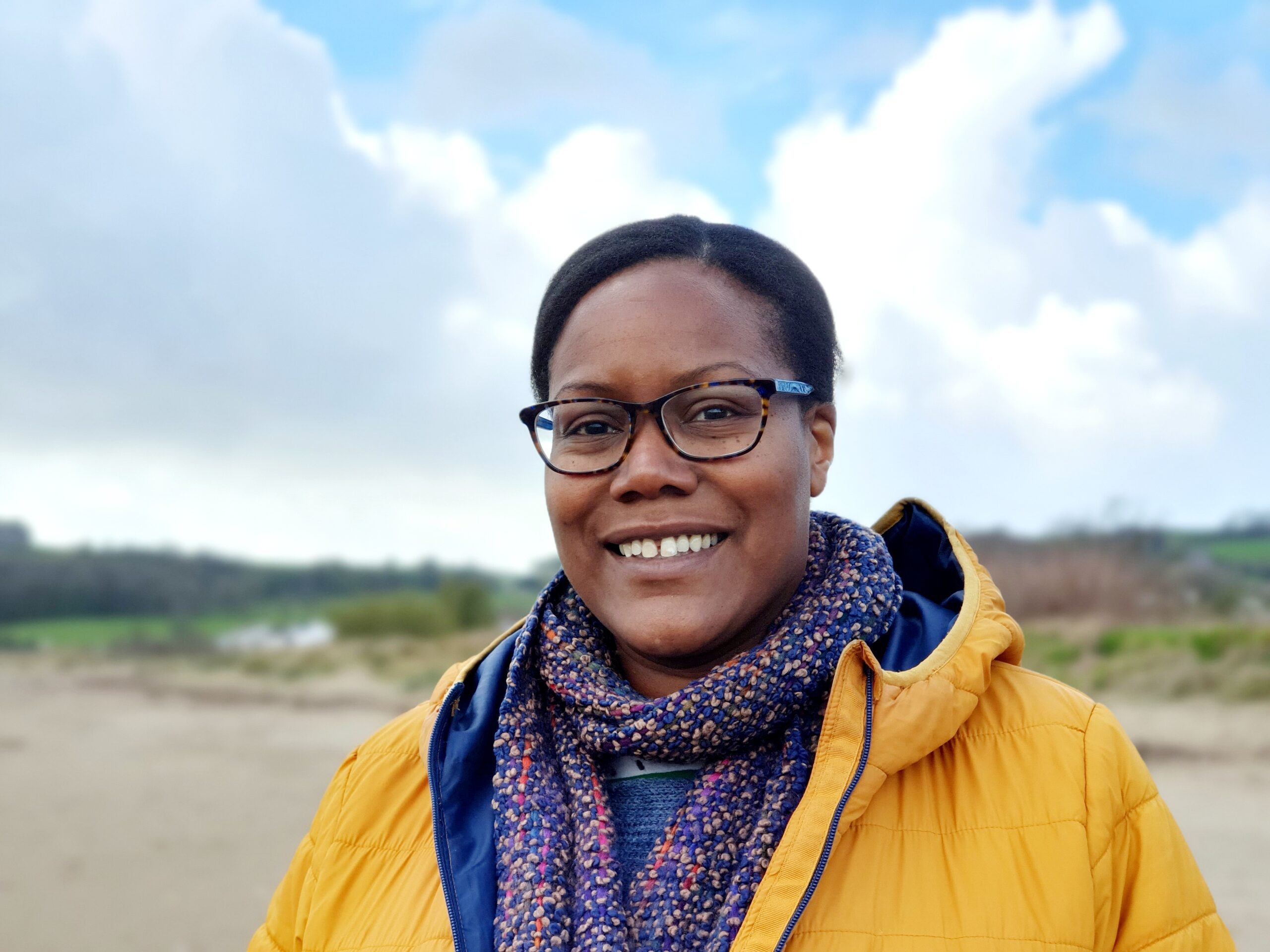Co-producing better ways to manage and respond to waiting lists
Project Background
In recent years, longer wait times have become more common within adult social care. In many cases, delayed care can remove opportunities for preventative interventions, resulting in greater stress on people who draw on care and support, unpaid carers and care services.
This project is working alongside the East Midlands Association of Directors of Adult Social Services (EMADASS) and people with lived experience to coproduce better ways of managing waiting lists for Care Act Assessments.
We will explore how the evidence from this Demonstrator can be made useful in other nations across the UK.
What work is the Waiting Lists project doing?
We are collating evidence from a range of sources to understand:
- Factors contributing to longer wait times
- Impact on people and carers
- Impact on staff
- Positive actions and potential improvements
The work we are doing includes:
Listening to local insights
We wanted to hear from a range of people across the East Midlands on the issue of waiting lists. So, in September 2023, we interviewed ten people who represent their Local Authority on the project’s monthly progress meetings. They provided information on how Care Act assessments are managed in their area, the factors contributing to waiting lists, and the strengths and opportunities within their areas to make improvements.
We then created a survey and held an online workshop where we invited people who draw on care and support and informal carers across the East Midlands to share their experiences of waiting lists and their ideas for improvement. We did the same for frontline adult social care staff in the region. We received 84 surveys from people who draw on care and support and carers, and one further contribution via the workshops. We received 83 surveys from social care staff and 15 further contributions via the workshops.
We have used all this information to get a better understanding of the issues people are experiencing while on waiting lists and what they would like to see improved. You can read more about what people told us in this summary report or this summary video.
Reviewing published information
IMPACT Project Officer, Obert Tawodzera is conducting a review of published evidence related to the management of waiting lists across health and social care. The review seeks to answer three key questions by looking at information published across health and social care:
- What factors contribute to prolonged waiting times?
- What are the impacts on patients and families navigating delays in assessment, diagnosis, and support or treatment?
- What processes and interventions are being used to understand and alleviate waiting lists?
The literature review is being updated throughout the project to ensure new evidence is included. This will ensure the project is using current information to support decision-making and delivery.
Establishing a project governance that includes co-production
We have established a Co-production Steering Group with representation from:
- People who draw on care and/or support
- Unpaid carers
- EMADASS Project Sponsor
- Frontline Local Authority staff
- Healthwatch UK
- East Midlands Care Alliance
- Voluntary services organisation
- IMPACT Leadership Team
The Steering Group meets monthly and provides strategic coproduction oversight to support the effective and successful implementation of the intended project outcomes.
The steer provided by this group is shared with the Operations Group which also meets monthly to deliver the project outcomes. The Operations Group consists of a senior representative from each local authority in the East Midlands and colleagues from East Midlands ADASS and Partners in Care and Health.
The project also regularly provides updates to the East Midlands ADASS Executive Branch to ensure the outcomes continue to align with their strategic aims. The Executive Branch consists of the ten Directors of Adult Social Care across the East Midlands.
Facilitating Local Co-production Workshops
In January and February 2024, we designed and led five workshops across the Integrated Care Systems footprints within the East Midlands region as follows:
- Lincolnshire
- Nottingham and Nottinghamshire
- Leicester, Leicestershire and Rutland
- West and North Northamptonshire
- Derby and Derbyshire
The workshops were open to people who draw on care and support, carers, frontline staff and project representatives from each Local Authority in the East Midlands.
Working together, we discussed the findings from the surveys, online meetings and literature review and asked participants to share whether anything was missing from the collected evidence. We also used the time together to hear what matters most for people in the region and gather ideas on what types of change would make things better.
Using the Co-production Workshop outputs to support decision-making
Participants in the co-production workshops came up with lots of fantastic improvement ideas which focused on the following themes:
- Clearer lines of responsibility and communication within adult social care and with other organisations
- More effective system-wide approach to Personalised Care, All-age and Strength-based approach to meeting people’s needs
- Improved public awareness and understanding of adult social care and where to access key information
- Improving the accessibility of adult social care communications with the public
- Using a proportionate, data-informed approach to more effectively manage local assets across the system and empower staff to communicate effectively
- Workforce planning, training and development
We shared all the ideas from the workshops with the project’s Operations Group and Steering Group and they identified the recommendations that are a priority for their local area. Those priorities were then shared with senior leaders at the East Midlands ADASS Summit on 8th March. They decided which ideas they would aim to deliver by the end of this project, and which they could focus on over the next 18 months.
The Steering Group met to consider the final recommendations, and agreed the project should focus on coproducing guidance, frameworks and/or toolkits on the following areas:
- Effective asset mapping
- Developing waiting well packs for citizens
- Developing waiting well guidance for staff
This regional work will support local authorities across East Midlands in developing content that is specific to their community’s needs
Project Team

Naomi Russell
Naomi has worked in social care since 1994, and qualified as a social worker in 2003. Naomi has mostly worked with young people and working age adults, and has worked in various teams in local authority adult social care departments.
In 2023, Naomi completed an MA in Research Methods, with a focus on strengths-based approaches. Naomi draws on her practice experience and her research skills in her role as a Senior Strategic Coach for IMPACT.

Lorraine Mighty
Fuelled by her lived experience, Lorraine has a strong commitment to leading and contributing to social justice change initiatives. Across her 20+ year career in the private and education sectors she has specialised in strategic programme and change management, learning facilitation and leadership and organisational development in multinational organisations.
Lorraine particularly enjoys creative problem solving in complex systems. She uses her natural curiosity, strategic thinking and relationship building skills to support the people she works with in developing values-led, evidence-informed and pragmatic solutions to the issues they seek to address.
How to get involved
Our next steps include working with the Operations Group to develop a delivery approach that embeds coproduction and continues to promote cross-regional working.
We want to ensure the voices of people who draw and care and support, carers and frontline staff from across the East Midlands continue to contribute to the next phase of the project.
To register interest for one of our Zoom workshops, please fill in this form. If you’re unavailable or would like more information, you can contact the Senior Strategic Improvement Coaches:
Naomi Russell ([email protected]) and Lorraine Mighty ([email protected])
